Turkey between democracy and authoritarianism
Turkey held a referendum on 16 April, which has been considered as a historic one. Turkey will no longer be the same.
55 Million Turkish voters were placing their votes amidst a state of emergency, introduced in the country following a failed coup attempt in June 2016.
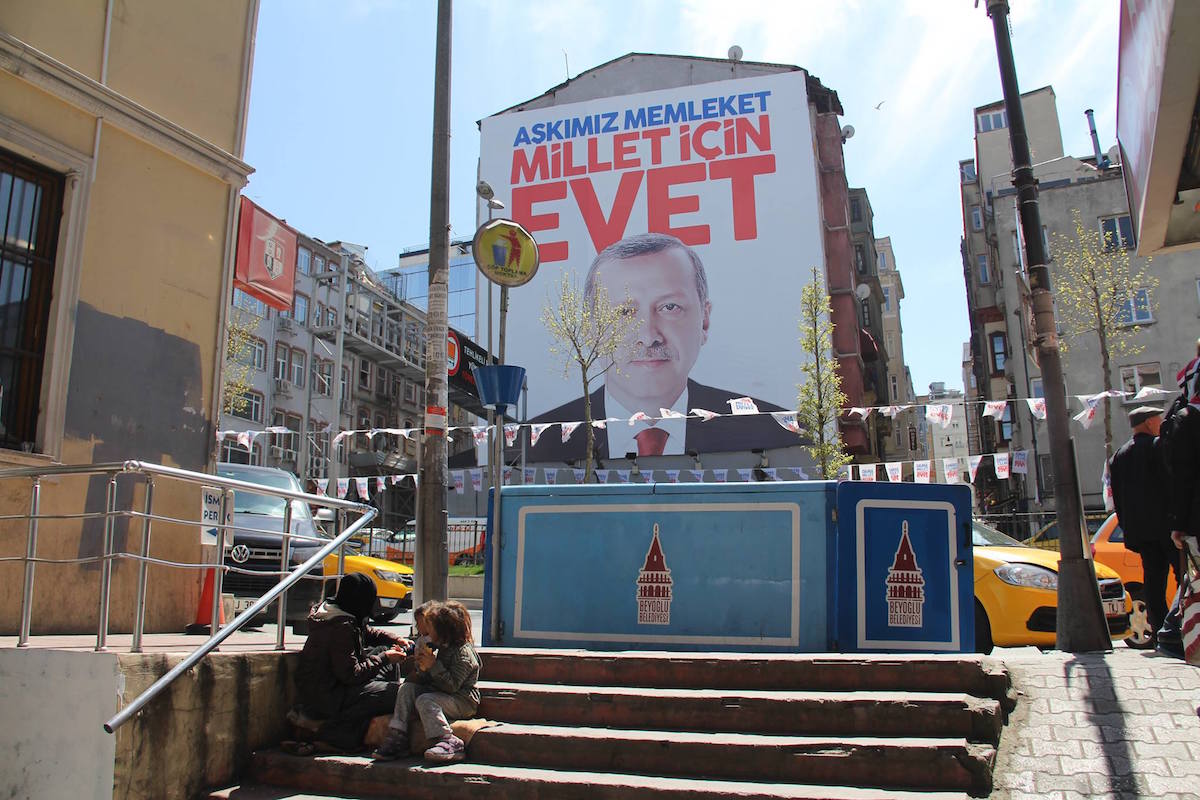
51% of voters answered positive to the first question brought forth in the referendum; 48% answered negatively.
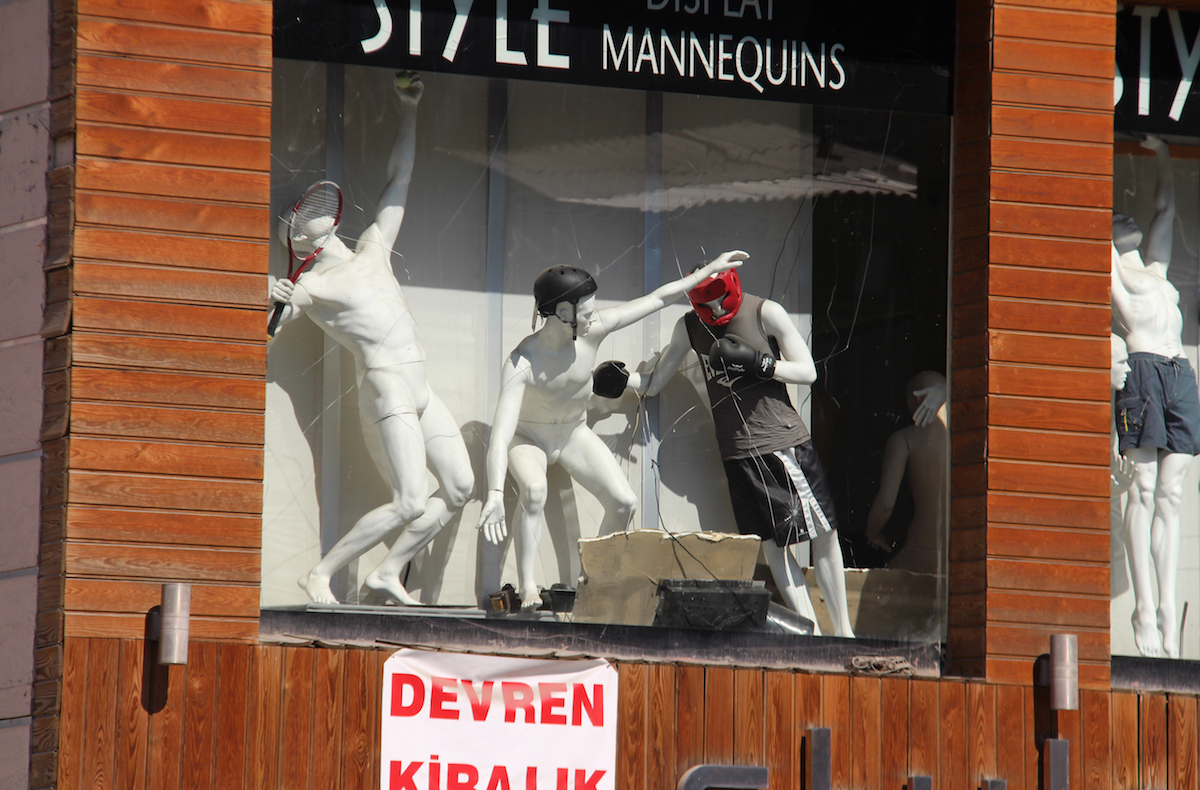
What was at stake
The fate of the overall 18 articles of the Turkish Constitution was to be decided. If voters say ‘Yes’ to President Erdogan, who initiated this referendum, then:
- Turkey will turn from parliamentary into a presidential republic
- The Prime Minister’s post will be abolished and executive powers transferred into the president’s hands
- Lawmakers will be unable to summon ministers, and will have to address them with a letter of inquiry instead
- The High Council of Judges and Prosecutors will be headed by the justice minister, appointed by the president without Parliament’s approval
- The president cannot be elected more than twice in a row, but if the Parliament decides on a snap election, then both the Parliament and the president will be re-elected. However, the president’s second term will not be considered as ‘the second term’, and so ad infinitum.
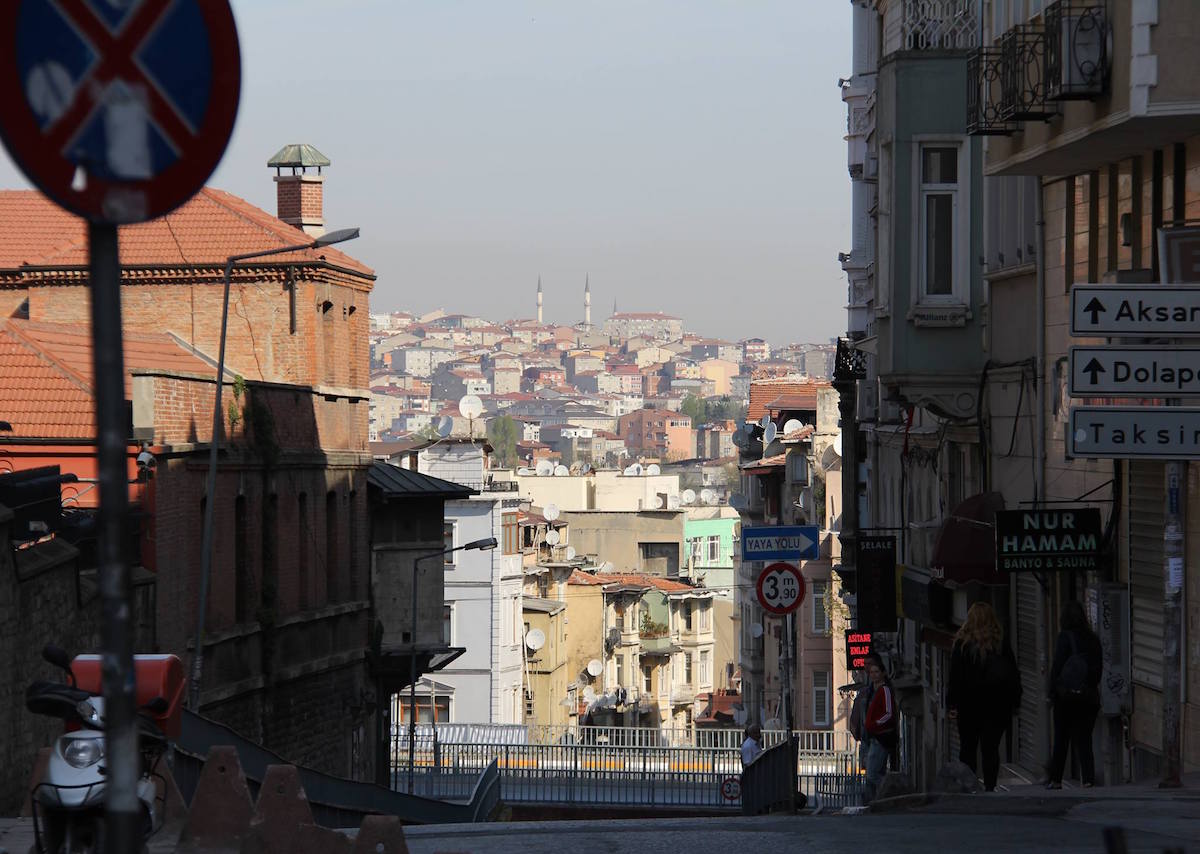
A wall-to-wall fight?
All public opinion polls, conducted in Turkey ahead of the referendum, showed that the number of proponents and opponents of the proposed reforms were approximately equal. Most of the forecasts were leaning towards the fact that voters would say ‘no’, but no one dared assert it univocally.
Istanbul was riddled with posters in support and against of the constitutional changes. The efforts of the ‘Evet’ (‘Yes!’) supporters were more noticeable in the street agitation.
Their ‘Trump card’ was President Erdogan’s portrait. Their opponents,‘Hayir!’, were more active on social media.
The most popular joke on Facebook’s Turkish segment in recent days has been as follows: ‘Say something sexy in Turkish. ‘No!’
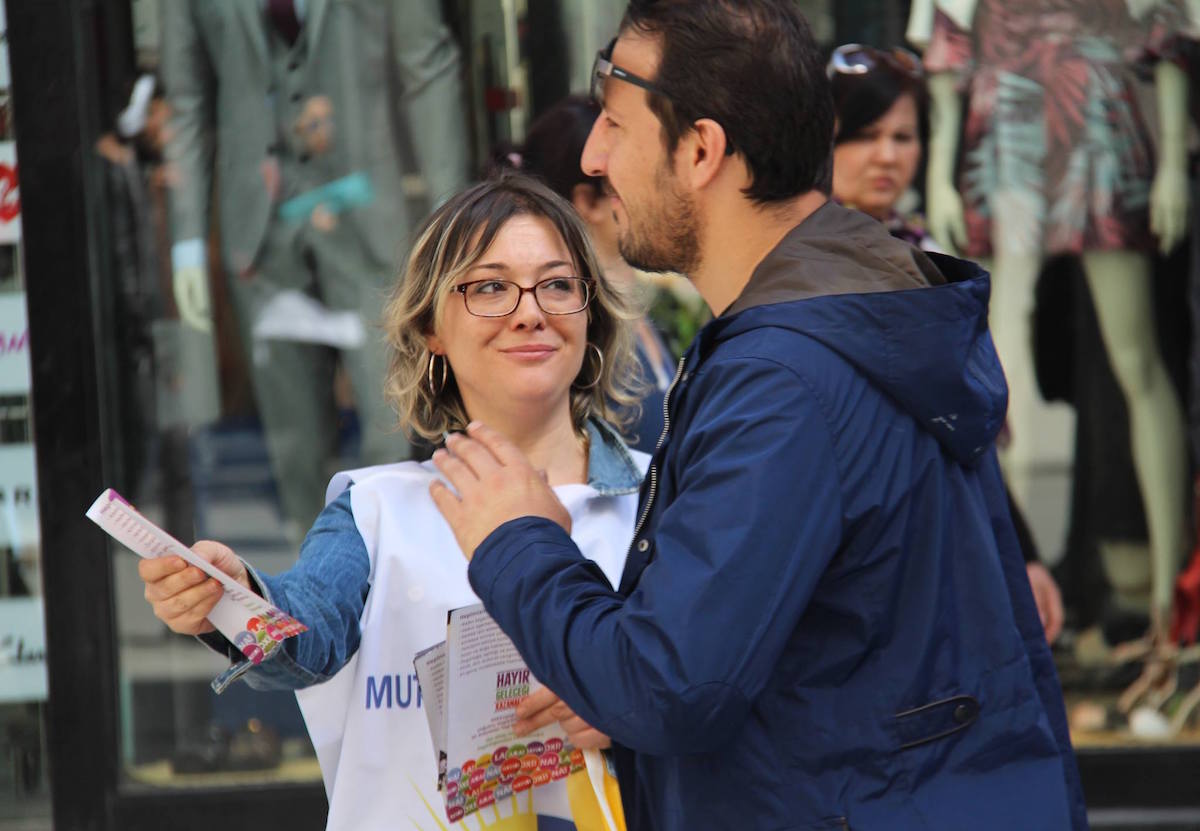
There were fierce debates between the two camps.
Some believed that President Erdogan couldn’t make Turkey a great country without those new powers.
He resembles President Trump not only in this slogan, but also in the manner of addressing his supporters – in brief phrases and with a howling, dramatic intonation.
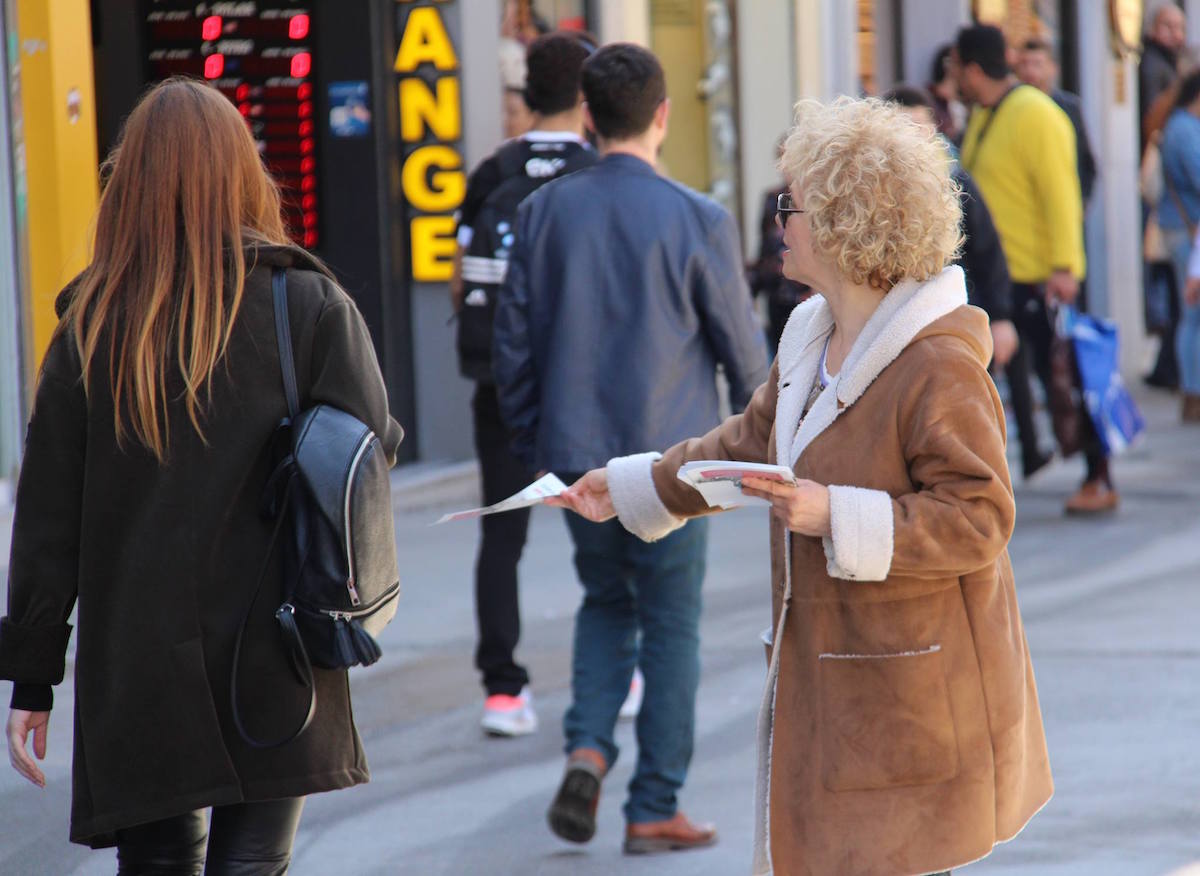
Others responded that Turkey was on the verge of a new ‘Middle Ages’ and brutal authoritarianism. Women were particularly active against President Erdogan.
For example, Yasemin Bektaş, an activist of the ‘Kader’ women’s movement, firmly believes that the success of Erdogan, who is constantly referring to ‘traditional Islamic values’, will result in a lenient attitude to the ‘early marriages’ problem, increased rape cases and legalization of domestic violence.
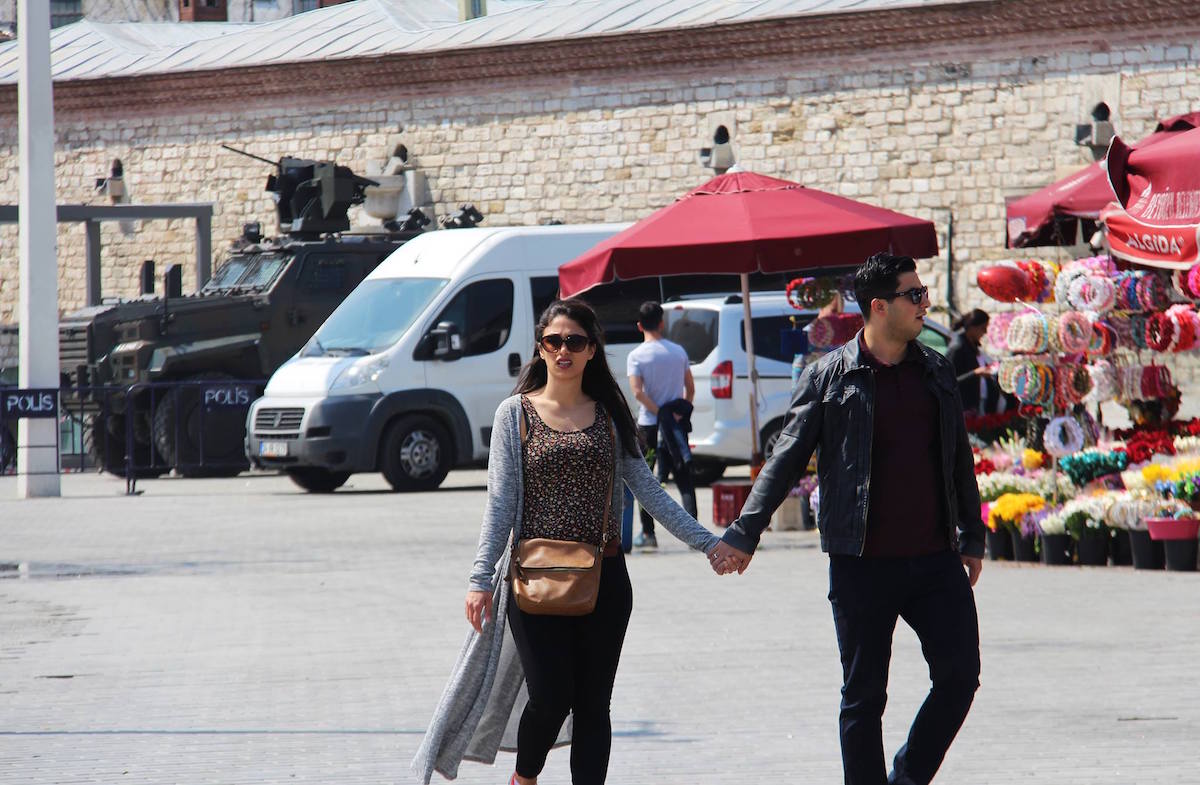
At the same time, something that catches one’s eye in Istanbul’s streets is an atmosphere of civil peace and accord, no aggression.
There are noticeably more women in Muslim headscarves or fully covered faces. Also, the young ladies in casual clothes that would make even the people from the Nice embankment envious, haven’t dwindled in number.
The most striking thing is that very often there are situations where both of them enjoy talking to each other.
They have the same packages in their hands – ‘Mango’, ‘Marx & Spencer’, ‘MaxMara’.
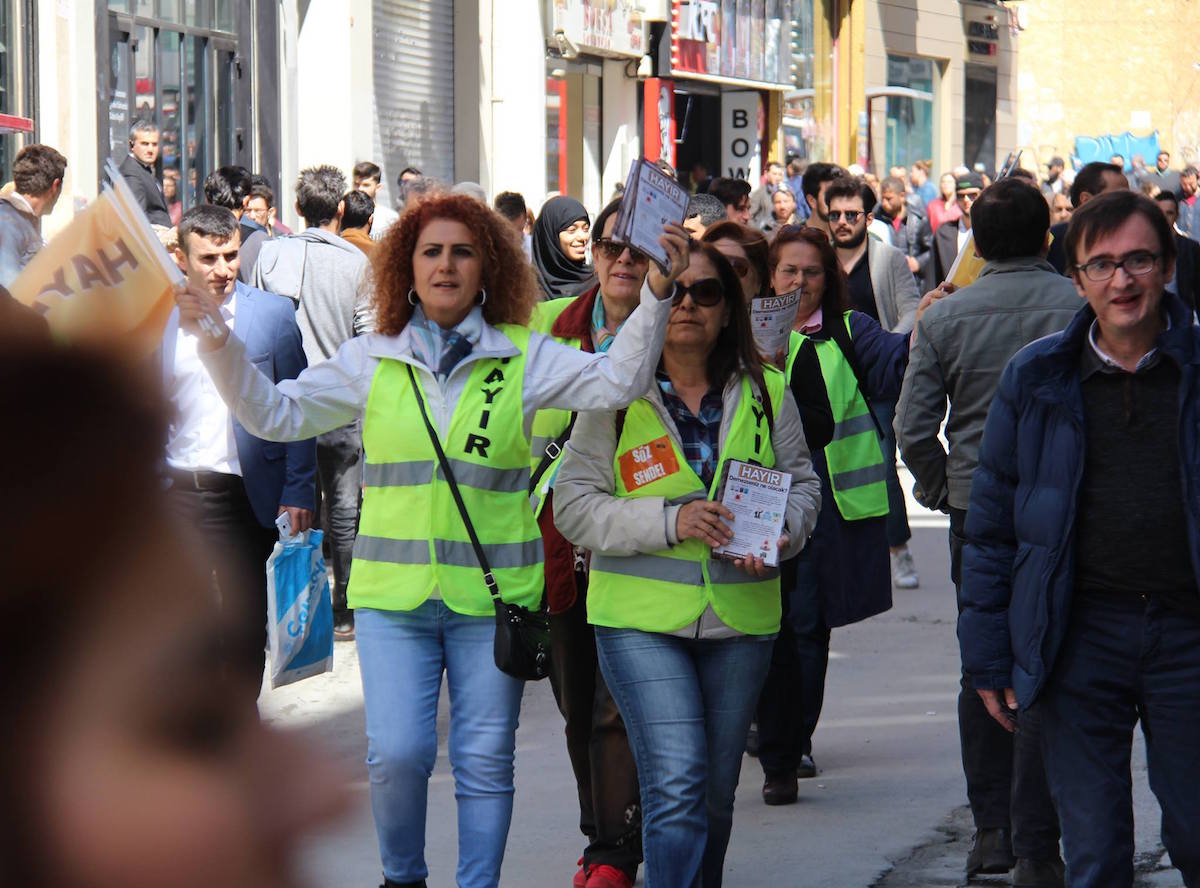
Or, for example, ‘Yes’ and ‘No’ campaign supporters, who are rallying at a 50-meter distance from each other in the central Istiklal street. They have similar promo methods – rhythmic songs and dances.
Yet, there are some differences.
One group has a static stage: an open area on the ground floor of some building. Whereas another one – just a bare street.
And the first one lets the second in to its WC without any hesitation.
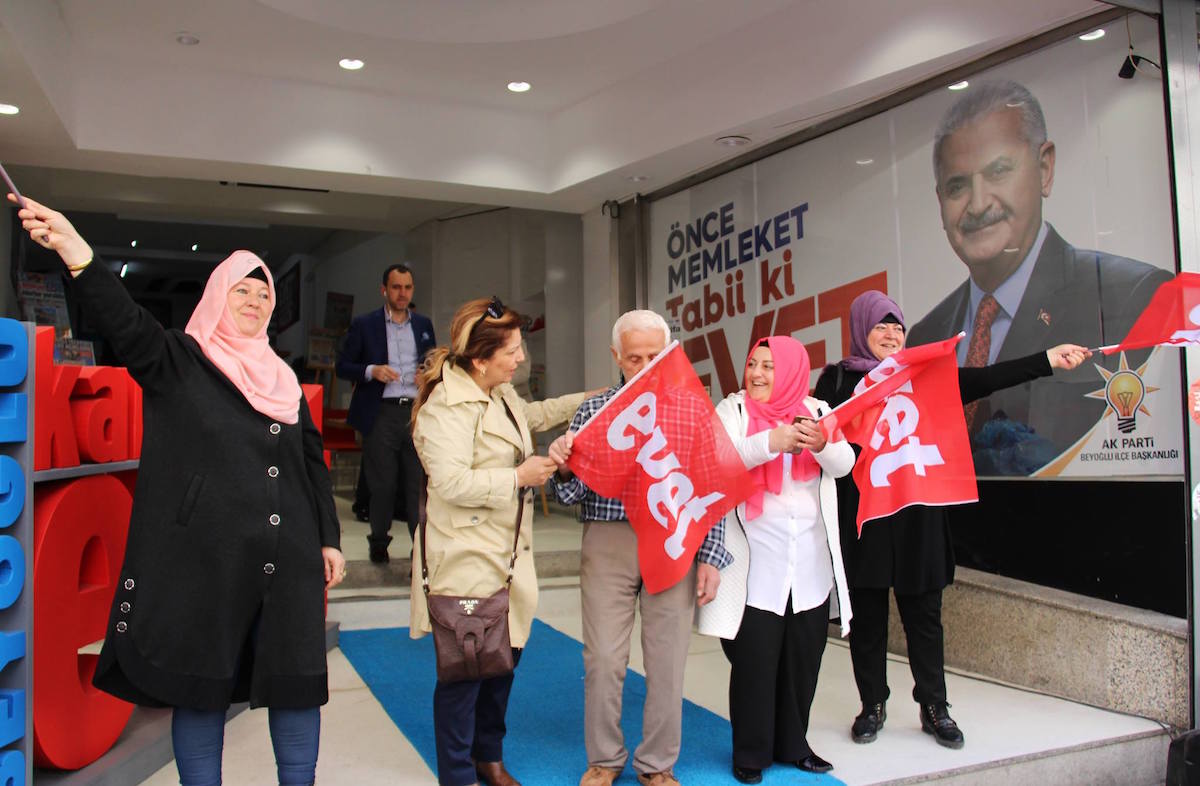
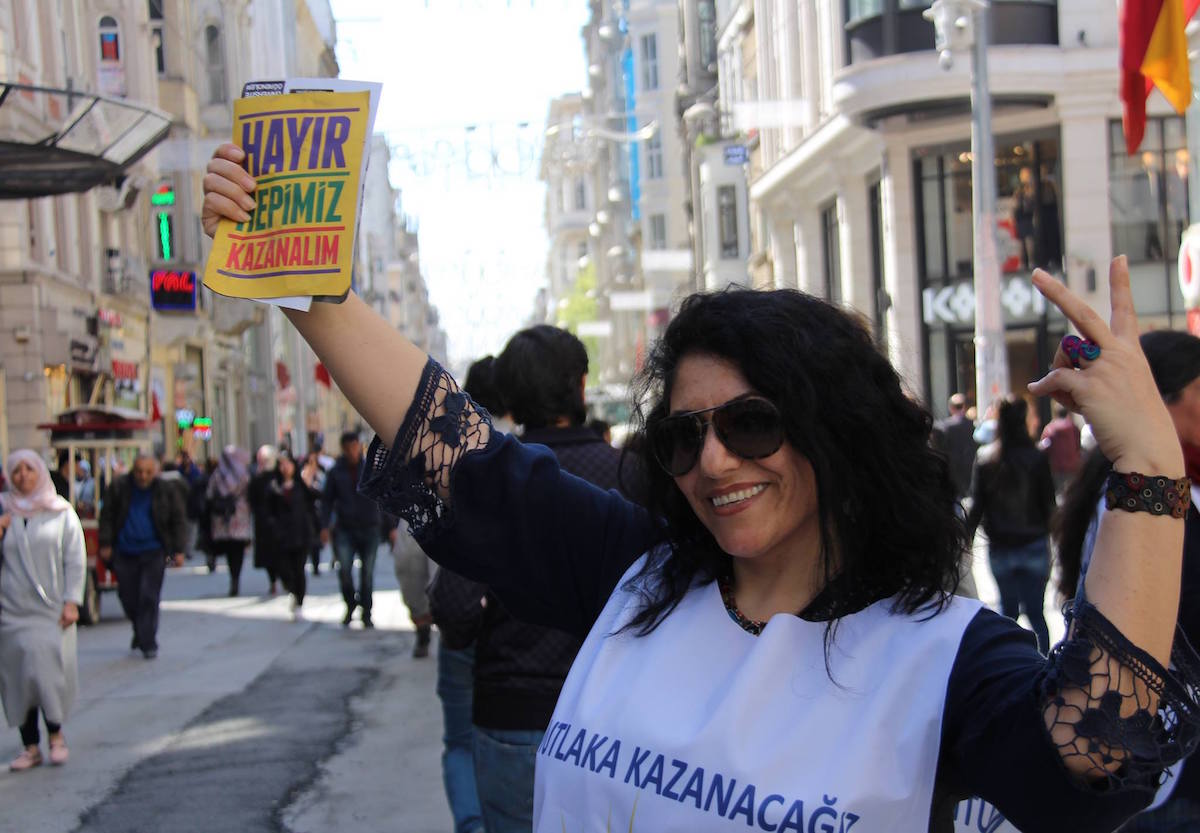
Swing voters
Perhaps the vote outcome was decided by those who postponed making their choice till the last day. And there are quite many of them.
That’s because the ridge line between ‘yes’ and ‘no’ isn’t drawn straight. It’s not just about the different views of the rich and the poor, the youth and the elderly; People with good, European education and recent migrants from the Turkish provinces, seeking their chance in the capital.
Turkish society is a bit more complex.
For example, how is a person with a fate similar to that of Yılmaz Özlük supposed to vote in the referendum?
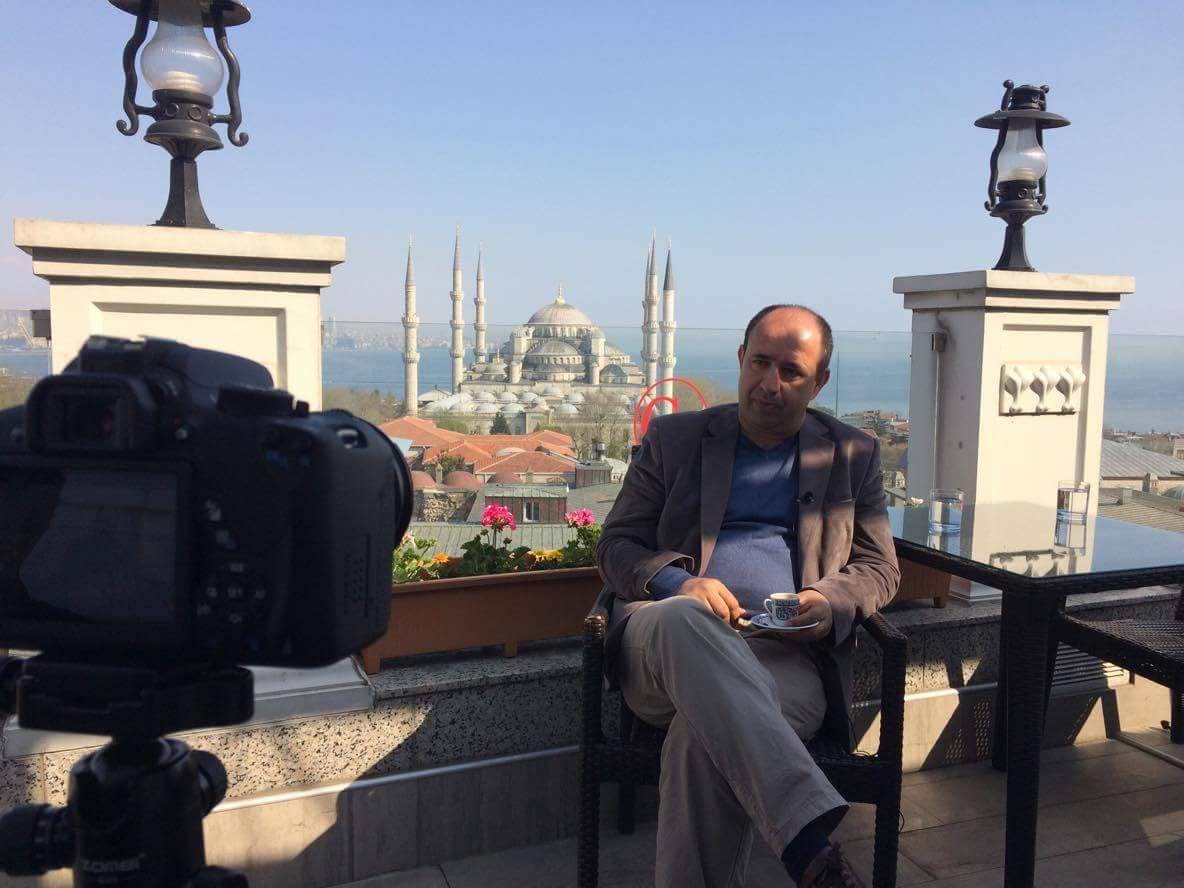
He is from an impoverished Kurdish villageand was the first one in the family who received education (a 3-hour walk to and from school daily). He was surrounded by people who knew how to assemble Kalashnikov assault rifles, but who had never seen a water pipe in their lives.
He moved together with his family to Istanbul, where he was selling plastic bags in the street and rarely went to bed with a full stomach. He continued, started up his own tourist business, which turned out to be a success. He also speaks several languages.
He helped his numerous brothers and sisters onto their feet and now is ready to give higher education to his two children.
And much of his successful life was in the period of Erdogan’s presidency. So, how is he supposed to vote?
Yilmaz, who calls himself a patriot of Turkey and Istanbul, decided to postpone making a final decision until the moment he takes a ballot paper in his hand in the precinct.
The attitude of those who hadn’t decided on their choice, was probably most fully formulated by one of the fishermen on the bridge across the Bosphorus, connecting the Asian and European parts of Istanbul. It’s not a hobby, but rather their work.
The fish they catch immediately go ashore, then to a frying pan, and on a table in one of the innumerable cafés.
“I don’t care,” he said. “The president is not a boss to the fish.”
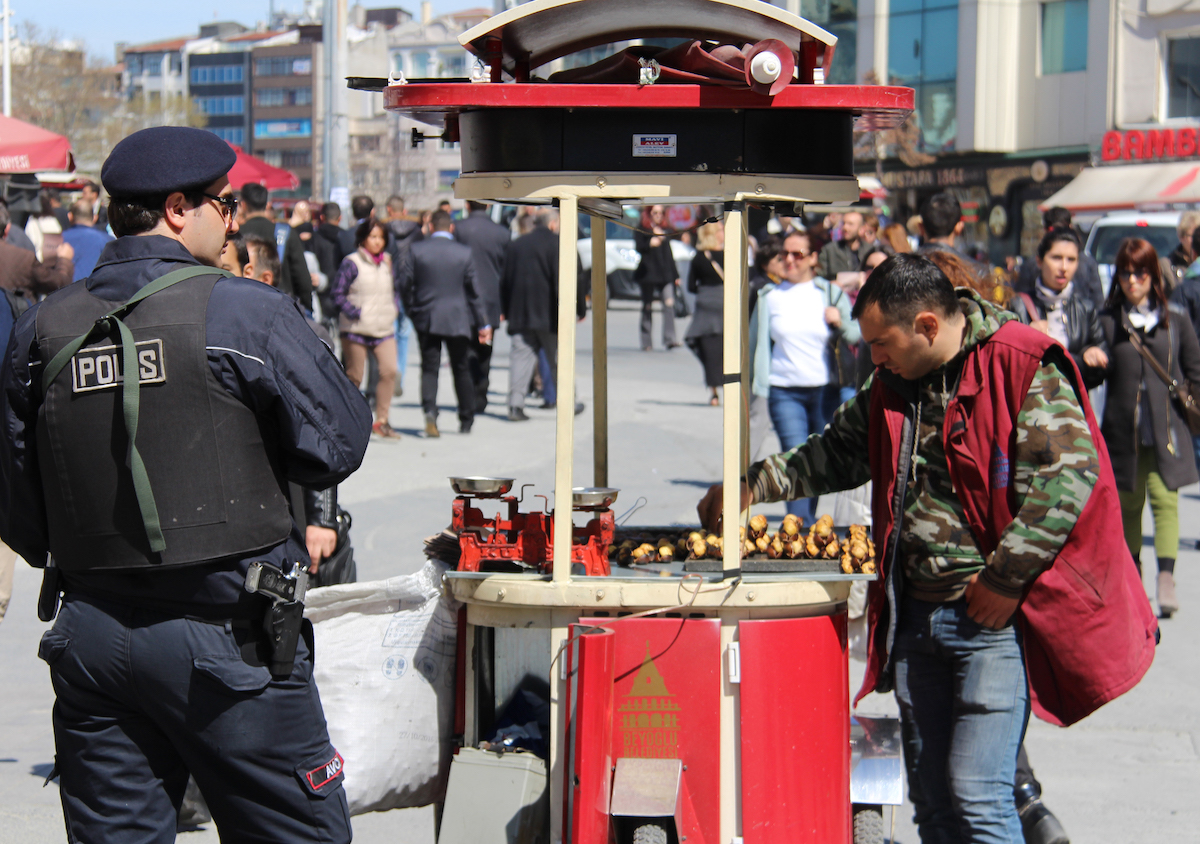
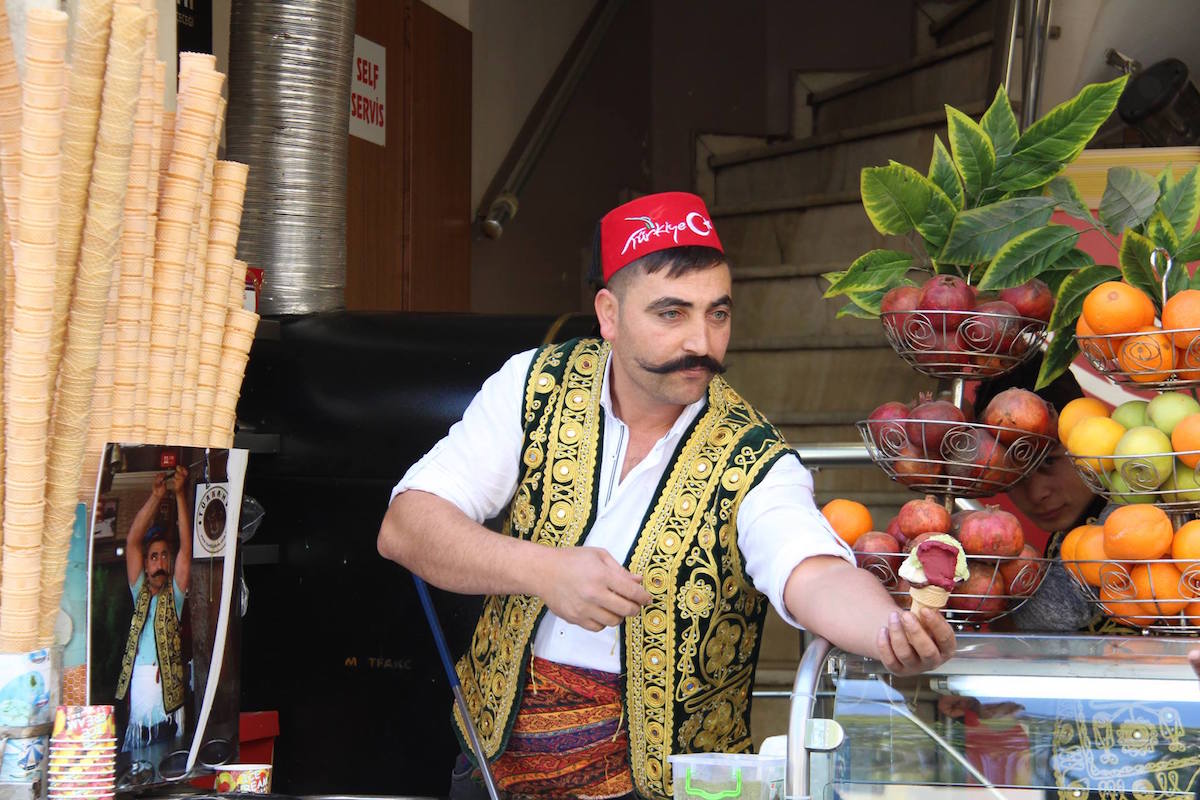
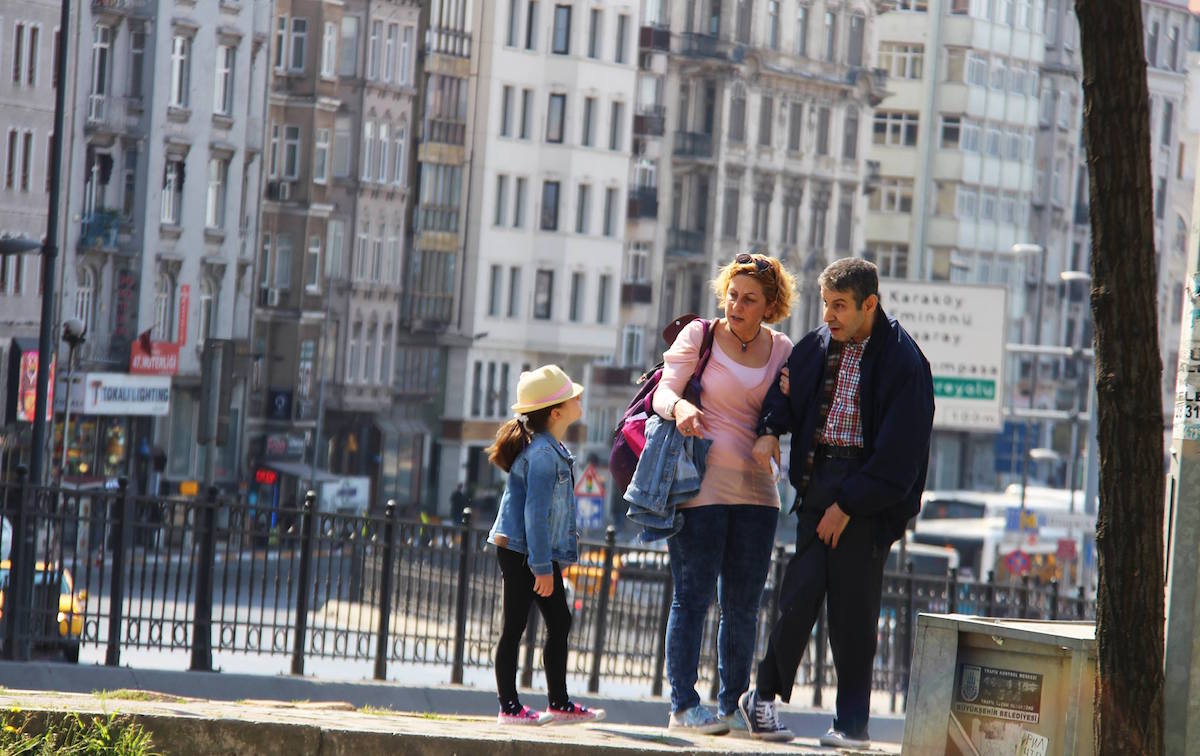
What should the neighbors expect
No matter what the outcome of the referendum is, this country will remain the most important factor, be it economic, political, or military, for all three countries of the South Caucasus. What should they expect?
Armenia
Alexander Iskandaryan, a political analyst, Director of the Caucasus Institute:
“A personalistic regime is being established in Turkey today…The forthcoming changes in Turkey will neither bring anything positive, nor anything terrible to Armenia. Turkey is unlikely to become so aggressive as to fight against all its neighbors.
To date, there are no serious threats from Turkey. The vigor with which Erdogan seeks to establish a new order is aimed at solving internal political tasks.
Paradoxically, Armenia is the West for Turkey. From a political point of view, for Turkey, Armenia has always been an issue in its relations with the West. Turkey has failed to become part of the European world. Some changes took place in Turkey, because there were hopes to join the European Union.
Now there is no hope. Then why should Turkey recognize the genocide and normalize relations with Armenia, which is of no interest to it, and there is no European perspective? Needless to say, the relations won’t be improved in the next few years.”
Azerbaijan
Elhan Şahinoğlu, a political analyst, believes that a decision to hold the referendum was made after the coalition governments in Turkey had failed to reach an agreement:
“The key argument of Erdogan and his supporters is that Turkey will not be able to develop in the form of a parliamentary republic. There were numerous scandals, and the economic chaos overwhelmed the nation.
Whereas when the powers are transferred to the government, it will be possible to appoint government members from the outside. In other words, their argument is that the President enjoying broader powers will control the government and will also be able to carry out reforms.”
Altay Göyüşov, a historian, views the referendum as the greatest blow to Turkey’s democracy:
“There are some strong authoritarian tendencies in Erdogan’s character. These changes can deal a powerful blow to Turkey’s democracy. Therefore, I’m fundamentally against it.
It must be admitted that Turkey has rapidly been developing for the past 20-25 years, since the 1990s. It also found its niche in global politics. And all that happened when Turkey was a parliamentary republic. Whereas now, all these achievements are actually being axed.”
Georgia
Georgian experts believe that no matter what the outcome of the referendum is, it is unlikely to affect the relations between the two countries.
Giorgi Rukhadze, an expert in international relations, told JAMnews as follows:
“No matter what the outcome of the referendum is, it will not change the importance of Turkey for Georgia as a strategic partner and one of the major stakeholders in the region. Turkey will remain a strategic partner for Georgia, equally as Georgia for Turkey.”
Nodar Kharshiladze, an expert in international relations, told JAMnews:
“No matter what the referendum outcome is, it will not matter to Georgia. We have good relations with Turkey and Erdogan has a very positive attitude towards Georgia, both in terms of bilateral relations and in the regional cooperation format.
So, we will in no way be affected by strengthening Erdogan’s positions. The most important thing is that the internal processes in Turkey be democratic and there are no riots.”


















